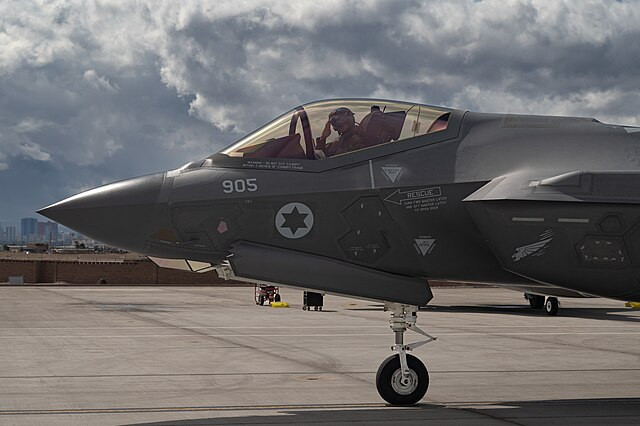Israel launched airstrikes for the second consecutive day on Syrian regime targets in the southern city of Sweida on Tuesday, responding to escalating violence between Druze and Bedouin factions and pledging to protect Syria's Druze minority as Syrian government forces entered the city and announced a ceasefire.
The Syrian Defense Ministry declared "a complete ceasefire" in Sweida, also known as Suwayda, after days of deadly clashes that have killed at least 99 people. "To all units operating within the city of Suwayda, we declare a complete ceasefire," Defense Minister Murhaf Abu Qasra wrote on X.
Israeli Prime Minister Benjamin Netanyahu and Defense Minister Israel Katz said in a joint statement, "Israel is committed to preventing harm to the Druze in Syria due to the deep brotherhood alliance with our Druze citizens in Israel." They accused Damascus of violating a long-standing demilitarization arrangement by deploying tanks and weaponry near Israel's border, warning that such movements would continue to prompt military action.
The violence follows Sunday's outbreak of fighting between local Druze militias and armed Bedouin groups, rooted in longstanding sectarian tensions in the region. According to the UK-based Syrian Observatory for Human Rights, the fighting has claimed the lives of 60 Druze, 18 Bedouin fighters, 14 security personnel, and seven unidentified men in military uniforms. Syria's Ministry of Defense reported 18 casualties among its forces.
Tensions were further inflamed after influential Druze religious leader Sheikh Hikmat al-Hajri issued a recorded statement accusing Syrian forces of breaching the ceasefire and continuing to fire on civilians. "We are being subject to a total war of extermination," he said, calling on all Druze "to confront this barbaric campaign with all means available."
Al-Hajri, a vocal opponent of Syria's interim President Ahmed al-Sharaa, claimed the agreement allowing government forces into the city was "imposed" and not representative of the Druze community's will. Earlier in the day, Druze spiritual leaders had urged fighters to surrender and let government forces restore order.
The deployment marks the first time Syrian troops have entered Sweida since Sharaa overthrew Bashar al-Assad in December. Sharaa, who has courted Western support, has struggled to assert control over volatile regions. His administration has been backed by improved ties with U.S. President Donald Trump but faces deep mistrust from Syria's minority groups following mass killings of Alawites in March.
The Israeli military said Monday it struck several tanks approaching Sweida "to prevent their arrival to the area" and pledged to monitor all personnel and hardware movements in southern Syria. Al Jazeera's Osama Bin Javaid reported from Deir Az Zor that "the Israelis have said any movement of personnel or hardware in the south of Syria will continue to be monitored... and [they] will continue to attack them as well."
Israel has previously engaged in covert and overt military operations in Syria under the pretext of protecting the Druze, an ethnoreligious group that spans Syria, Lebanon, and Israel. With an estimated 700,000 followers in Syria, the Druze are concentrated in the southern Sweida province and suburbs of Damascus.






